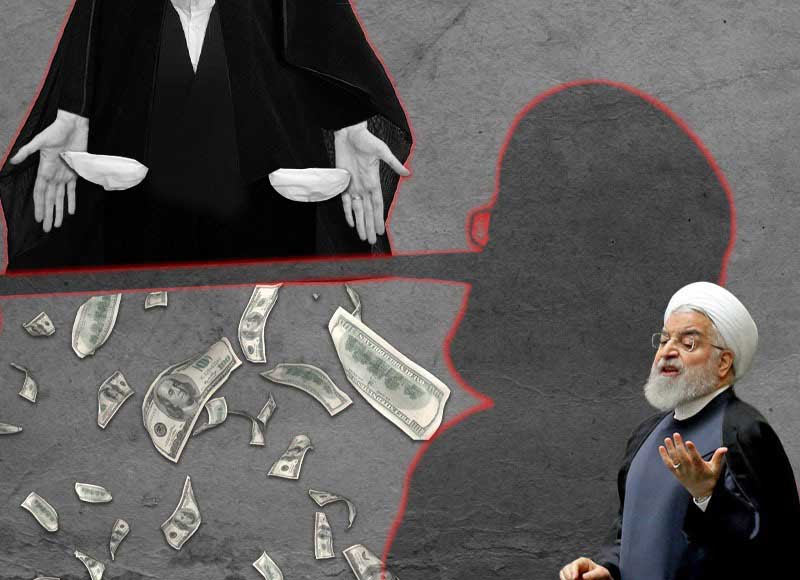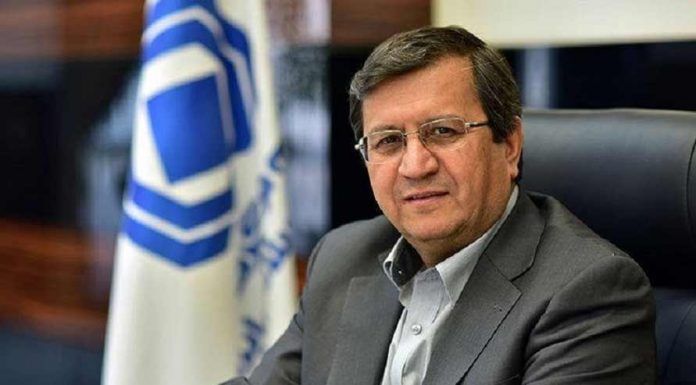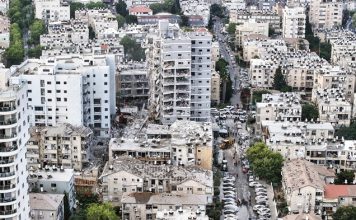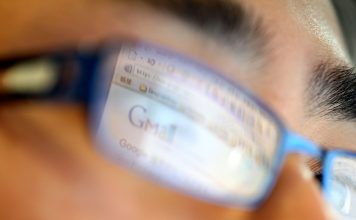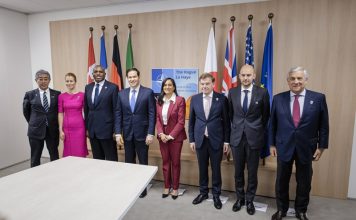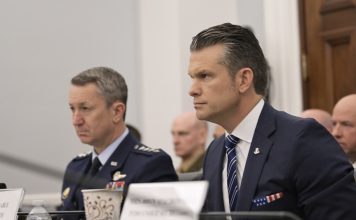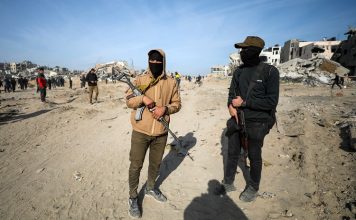By Kayhan Life Staff
Iran has bought 80 CT scans (computed technology) using the $50 million loan it recently received from the World Bank, Iran’s Deputy Health Minister for Development of Planning, Resources, and Management Seyyed Kamel Taghavinejad has said.
In comments reported by the Mehr News Agency on Jan. 22, Mr. Taghavinejad said: “For the first time since 2005, the Ministry of Health and Medical Education has received a loan from the World Bank in line with our rights to have access to international [financial] systems.”
“The U.S. [one of the 25 members] on the World Bank’s board of directors tried to block the loan request, but our hard work paid off, and we received the funds,” Taghavinejad explained. “We imported some 80 CT scans, which have been in use in many hospitals for the past three or four months.”
On July. 26, the Tehran-based Doniya-e Eghtesad newspaper reported that the World Bank had approved a $50 million loan for Iran, processed through the World Health Organization (WHO).
“Iran has normalized its financial ties with the World Bank,” the newspaper explained. “This is the first project between Iran and the World Bank in the last 15 years. The funds will help the fight against the coronavirus pandemic in Iran.”
“The principal aim of the project is to buy medical equipment and vaccines,” the newspaper noted. “Senior health officials have said the funds will provide healthcare to disadvantaged regions and poor families.”
“The World Bank transferred $50 million to the WHO’s account two weeks ago after the U.S. Department of Treasury’s Office of Foreign Assets Control (OFAC) approved the loan request,” Doniya-e Eghtesad noted, “The process is a way of bypassing the sanctions.”
“Iran has sent its shopping list to the WHO, which reportedly includes a massive flu vaccine supply,” the newspaper added. “Some 180 people died from flu in Iran last year. The coronavirus pandemic and flu season have overwhelmed the country’s healthcare services.”
The WHO reportedly informed Iran’s Health Ministry that it would process its shopping list for medical equipment, medicine, and vaccines, two months after the funds were transferred to its account. Therefore, Iran should have received the medical supplies last August at the latest.
Some Iranian officials continue to blame the U.S. for preventing the country from purchasing COVID-19 vaccines and other medical supplies, despite receiving a $50 million loan from the World Bank a few months ago. They argue that their inability to access international banking and financial systems has made it next to impossible to transfer funds and purchase medicine and medical devices.
Writing on his Instagram page on Dec. 7, the Governor of Iran’s Central Bank Abdolnaser Hemmati said: “Purchase of COVID-19 vaccine (COVAX) must go through the WHO, but inhumane U.S. sanctions have prevented us from transferring foreign currency because OFAC refused to issue a license.”
The COVAX Facility forms a crucial part of the COVID-19 Tools (ACT) Accelerator, a global collaboration to speed up the development, production, and fair access to COVID-19 tests, treatments, and vaccines.
A COVAX spokesperson dismissed Mr. Hemmati’s claim, insisting that the OFAC had issued a license to Iran, allowing it to buy the COVID-19 vaccine.
Speaking to the Washington Post on Dec. 7, on the condition of anonymity, the OFAC spokesperson said that Iran had secured a license from the OFAC to facilitate its COVAX payment.
“There is no legal barrier to Iran buying vaccines through the COVAX Facility,” The spokesperson said.
One month earlier, Hemmati, who had attended a World Bank’s remote video meeting on Poverty and Shared Prosperity report on MENA (the Middle East, North Africa, Afghanistan, and Pakistan), had said that Iran expected the World Bank to approve Iran’s loan request to battle the coronavirus pandemic.
“We expect the World Bank not to give in to political pressure from any country, including the U.S., and respond to our request quickly and with no prejudice,” Hemmati was quoted by the Tehran-based Moj News as saying on Oct. 21. “Iran is among the countries worst hit by the COVID-19. We have been able to control the pandemic and develop our economic policies despite the stringent U.S. sanctions.”
“I was recently told that the U.S.’s [World Bank] representative had been ordered on Oct. 15, to oppose Iran’s loan request, which means depriving a country of accessing much needed financial help to fight COVID-19,” Hemmati added.
Iran had previously asked the International Monetary Fund (IMF) for a $5 billion financial aid.
“A few days ago, the IMF Chairperson and Managing Director [Kristalina Georgieva] released a statement, saying that the international community had asked the IMF to provide $50 billion in financial help to countries fighting coronavirus,” Hemmati said in a tweet on Mar. 12. “She said that no one should lose their lives because of lack of funding and shortage of medical supplies, equipment, and care.”
“I wrote a letter to Kristalina Georgieva on Mar. 16, requesting $5 billion in financial aid for Iran, under the IMF’s expressed commitments to help its members, including Iran, to fight the spread of coronavirus,” Hemmati added. “We have asked for $5 billion in financial help under the IMF’s Rapid Financing Instrument (RFI) scheme.”
In the same month, Sharif Nezam-Mafi, the chairperson of the Iran-Switzerland Chamber of Commerce, announced that Iranian companies could “soon be able to buy food products, medicine, and medical equipment from a list of 50 Swiss-based exporters, using a payment channel approved by the U.S. Treasury Department.”
The arrangement was made between the U.S. Department of Treasury, the Central Bank of Iran, and the Swiss Humanitarian Trade Arrangement (SHTA), which operates under the Switzerland Federal Department of Foreign Affairs.
The U.S. and many European governments and several international aid organizations have maintained that medicine, medical supplies, and vaccines are exempt from the economic sanctions.
Earlier this month, Iran’s Supreme Leader Ayatollah Ali Khamenei banned the purchase and import of COVID-19 vaccines from the U.S. and the UK.
Twitter Removes Tweet by Iran’s Supreme Leader Accusing U.S. and UK of Producing Unsafe Vaccines
Ayatollah Ali Khamenei Orders a Ban on Western Coronavirus Vaccines
In a televised speech on Jan. 8, Mr. Khamenei said: “I do not trust them. Sometimes, they test the vaccine in other countries to see whether it works. So, we will not accept U.S. and UK-made vaccines. If Americans could produce an effective vaccine, the COVID catastrophe would not have occurred in their country.”
On the same day, a post on Khamenei’s English-language Twitter page said: “Importing vaccines made in the U.S. or the UK is prohibited. They are completely untrustworthy. It is not unlikely they would want to contaminate other nations. Given our experience with France’s HIV-tainted blood supplies, French vaccines are not trustworthy either.”
Twitter deleted Khamenei’s message “because it violated the Twitter rules.”
This article was translated and adapted from Persian by Fardine Hamidi

